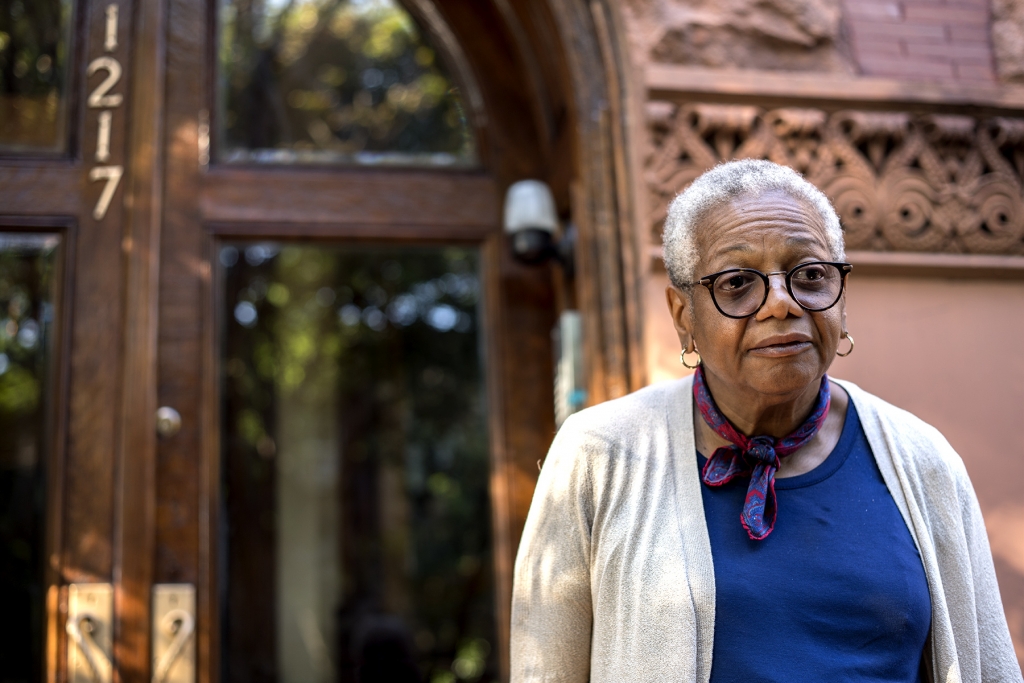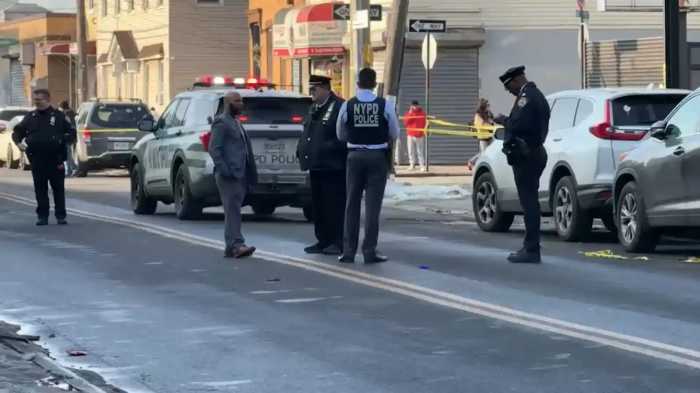City Councilman Jumaane Williams (D-Flatbush, East Flatbush, Midwood) is expected to introduce legislation today aimed at halting a controversial city housing program for the next two years, KCP has learned.

Specifically, the new legislation will focus on the Department of Housing Preservation & Development’s (HPD) Third Party Transfer (TPT) program, which has seen a number of questionable seizures of the properties as well as co-op properties across Brooklyn.
The new measure will impose a two-year moratorium on foreclosures under the TPT program and make it so that a full-scale review of the program including collection of information will also be conducted in concurrence with the freeze.
“I do think we need a pause on this program until we can figure out what is going on. And the bill will allow us to look at building on what should have been considered for the program. Having anyone get their home taken from them is unacceptable,” said Williams.
The bill’s introduction comes following a multi-part KCP investigation series into the TPT program, which found at least four questionable seizures of fully paid off black- and Hispanic-owned properties worth millions of dollars in the city’s latest round of seizures.

So far, it seems only one property owner, Marlene Saunders, is set to get back the deed to her building located at 1217 Dean Street in Bedford-Stuyvesant.
According to a recent court filing, the city’s lawyers, applied to vacate the original in rem foreclosure process used to take the 3-story multi-million dollar brownstone, claiming it was unintentionally placed on the foreclosure list back in December 2017.
Specifically, Andrea Feller, Assistant Corporation Counsel in her testimony in Kings County Supreme Court stated the error, which will undo the foreclosure process on Ms. Saunders property.
“It has come to the attention of this office that the In Rem Deed was inadvertently executed and recorded. I am advised by the Department of Finance that as a result of certain payments made to satisfy tax liens on the parcel, the Final Judgment of Foreclosure must be vacated as to the parcel, and therefore the In Rem Deed should not have been executed pursuant to the Final Judgment of Foreclosure,” Feller said in her court statement.
Saunders, 74, was the first property owner to step forward about the city seizing her home earlier this year, after she shockingly learned that she lost the deed to her longtime property due to a clerical error city officials blame on Saunders. Department of Finance officials claim Ms. Saunders accidentally paid the property taxes for the wrong parcel of land instead of the one she has been living on for over 40 years.
The TPT program itself aims to sustain affordable housing and prevent tenants from living in deplorable living situations by taking over so-called “distressed properties.”
Under the program, the city gives ownership to properties behind on property taxes, water bills and in some cases building violations to favored non- and for-profit developers for $1 plus $8,750 per unit minus the supers unit. At the same time, the former owner loses all their equity in the property.
Though this is a potential win for longtime homeowners feeling the pressures of gentrification, the remaining three properties highlighted in the KCP series are still awaiting their final decision in court. Last month, sources said the city is expected to return a second property, while the other properties remain under litigation.
The bill also comes just one month after Brooklyn lawmakers called for a federal investigation into the program including demanding a look at the state judicial system where three state Supreme Court judges oversee almost all the foreclosures, and in which most appear to disproportionately come from communities of color.
“Unfortunately, whenever these issues are occurring, they generally are in communities of color, it’s an unfortunate reality but we have to acknowledge it. But I hope that these communities are seeing that we are trying to move to fix this issue. We are in an affordable housing crisis and it’s hitting communities of color more than ever. And everything is being done to try and gentrify these communities and the city shouldn’t even be close to anything that resembles participating in this gentrification,” added Williams.






